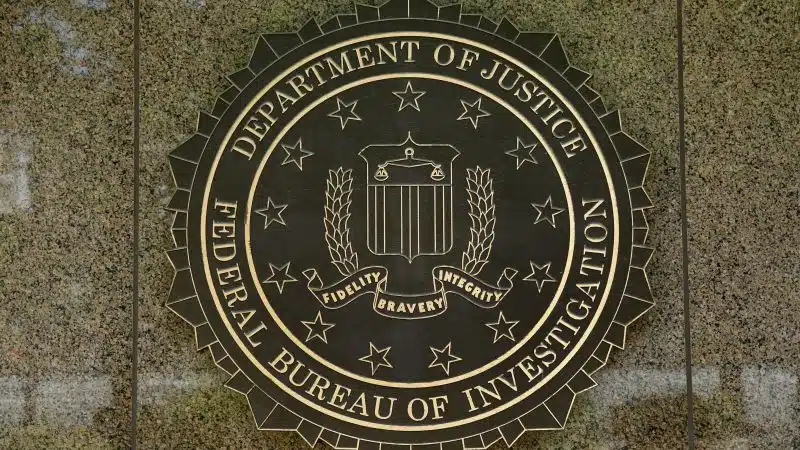# Supreme Court leans towards postal worker who refused to work Sundays due to religious beliefs

The Supreme Court is showing support for a former mail carrier, an evangelical Christian, who claimed that the US Postal Service did not accommodate his request to avoid working on Sundays.
A previous court decision had ruled against the worker, Gerald Groff, stating that his request would place an “undue burden” on the USPS and negatively impact workplace morale when other employees had to cover his shifts.
During the recent oral arguments, there was a consensus that the appeals court had acted too swiftly in ruling against Groff. Justice Elena Kagan noted moments of agreement among the justices.
However, disagreements arose when discussing the level of accommodation employers must provide for their employees’ religious beliefs. Groff’s lawyer proposed overturning longstanding legal precedents, with support from conservative Justice Samuel Alito.
Justices Amy Coney Barrett and Brett Kavanaugh expressed sympathy with the Postal Service’s argument that granting Groff’s request could harm morale among other employees. They highlighted the importance of maintaining good morale in the workplace, particularly in light of the financial challenges faced by the USPS.
Groff, residing in Pennsylvania, began his role as a rural carrier associate at the USPS in 2012. His religious convictions prevented him from working on Sundays, a conflict that arose when the USPS partnered with Amazon for Sunday deliveries in 2013.
Various accommodations were considered for Groff, including adjusting his schedule to attend religious services and having other workers cover his shifts. Despite efforts to find a solution, tensions with his colleagues escalated, leading to disciplinary actions. Groff lodged complaints with the Equal Employment Opportunity Commission against religious discrimination.
In 2019, Groff left his position, citing the inability to find a supportive work environment at the USPS that respected his religious beliefs.
He filed a lawsuit arguing that the USPS violated Title VII, a federal law prohibiting religious discrimination in the workplace. To prove a violation, an employee must demonstrate a sincere religious conflict with job requirements, inform the employer, and face disciplinary action for non-compliance.
The burden then shifts to the employer, requiring them to show a genuine effort to accommodate the employee’s beliefs or prove that such accommodation would create an undue hardship.
District Judge Jeffrey Schmehl, appointed by former President Barack Obama, ruled against Groff, citing that accommodating his request to not work on Sundays would impose an undue hardship on the USPS.The 3rd US Circuit Court of Appeals affirmed a ruling in a 2-1 opinion.
“Exempting Groff from working on Sundays caused more than a de minimis cost on USPS because it actually imposed on his coworkers, disrupted the workplace and workflow, and diminished employee morale,” the 3rd Circuit wrote in its opinion last year.
“The accommodation Groff sought (exemption from Sunday work)” the court added, “would cause an undue hardship on USPS.”
A dissenting judge, Thomas Hardiman, offered a road map for justices seeking to rule in favor of Groff. The main thrust of his dissent was that the law requires the USPS to show how the proposed accommodation would harm “business” – not Groff’s coworkers.
“Neither snow nor rain nor heat nor gloom of night stayed Gerald Groff from the completion of his appointed rounds,” wrote Hardiman, a George W. Bush nominee who was on a shortlist for the Supreme Court nomination that went to Justice Neil Gorsuch in 2017. “But his sincerely held religious belief precluded him from working on Sundays.”
Groff’s lawyer, Aaron Streett, told the high court that the USPS could have done more and was wrong to claim that “respecting Groff’s belief was too onerous.” He urged the justices to cut back or invalidate precedent and allow an accommodation that would allow the worker to “serve both his employer and his God.”
“Sunday’s a day where we get together and almost taste heaven,” Groff told The New York Times recently. “We come together as believers. We celebrate who we are, together. We worship God. And so to be asked to deliver Amazon parcels and give all that up, it’s just really kind of sad.”
The Biden administration has urged the high court to simply clarify the law to make clear that an employer is not required to accommodate an employee’s Sabbath observance by “operating shorthanded or regularly paying overtime to secure replacement workers.”
Solicitor General Elizabeth Prelogar acknowledged, however, that an employer could still be required to bear other costs such as administrative expenses associated with rearranging schedules.
This story has been updated with additional details.
[Source link](https://www.cnn.com/2023/04/18/politics/groff-dejoy-supreme-court-religious-liberty/index.html)





